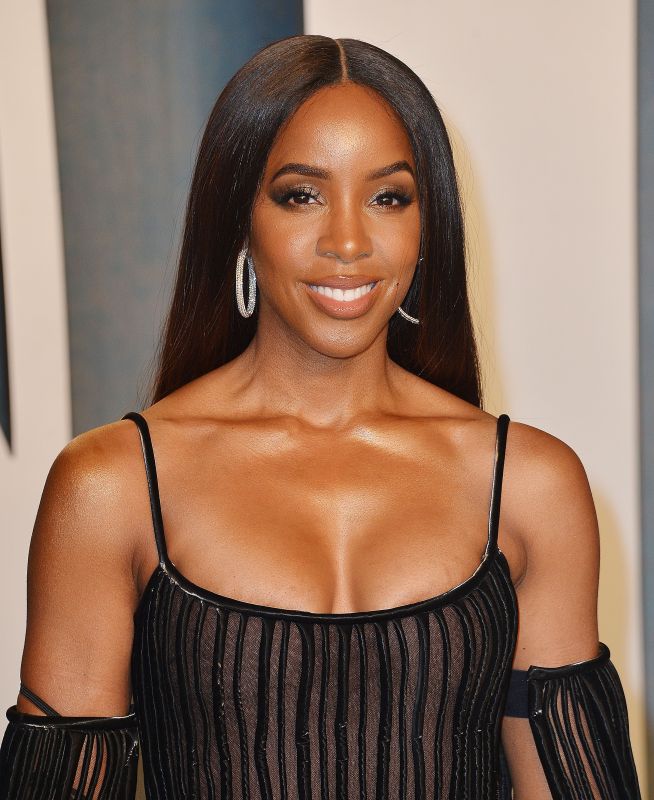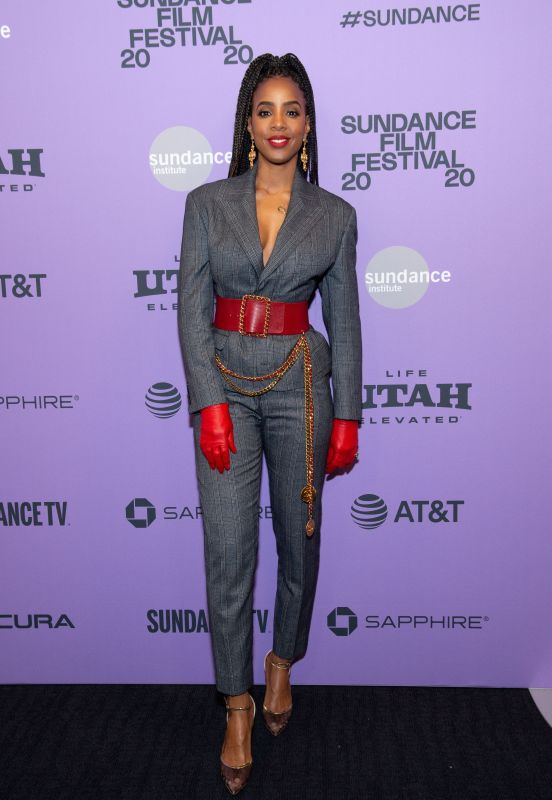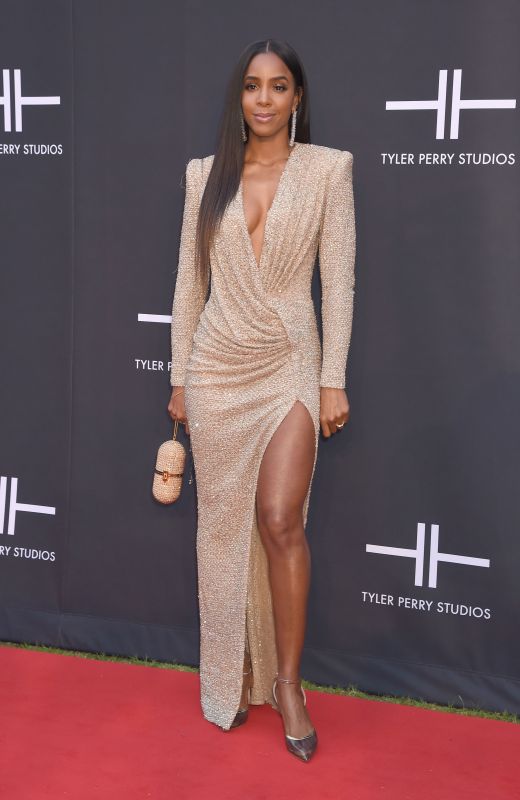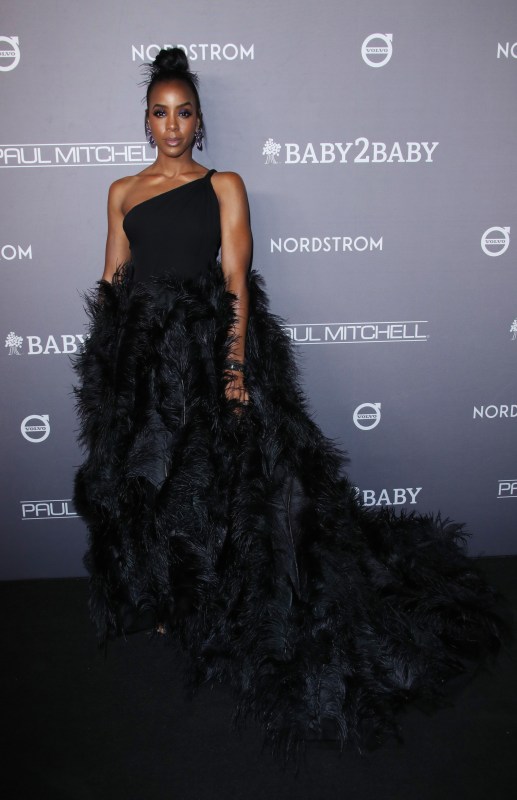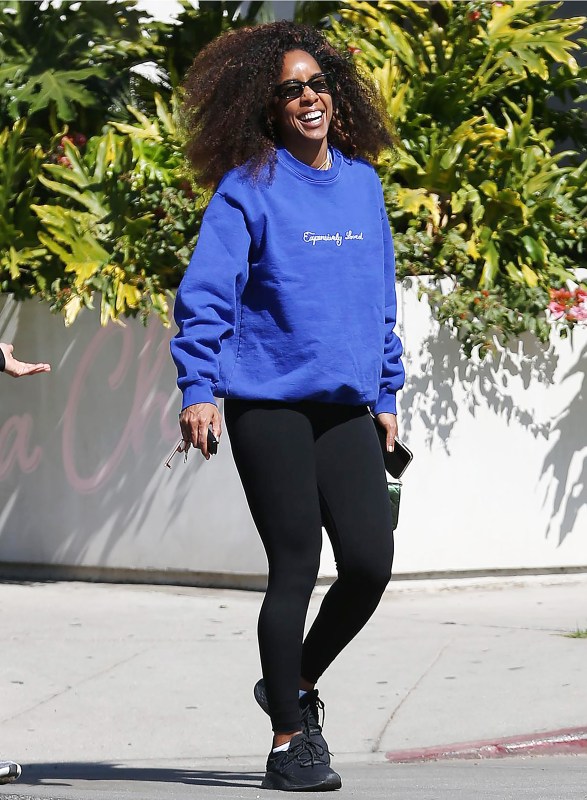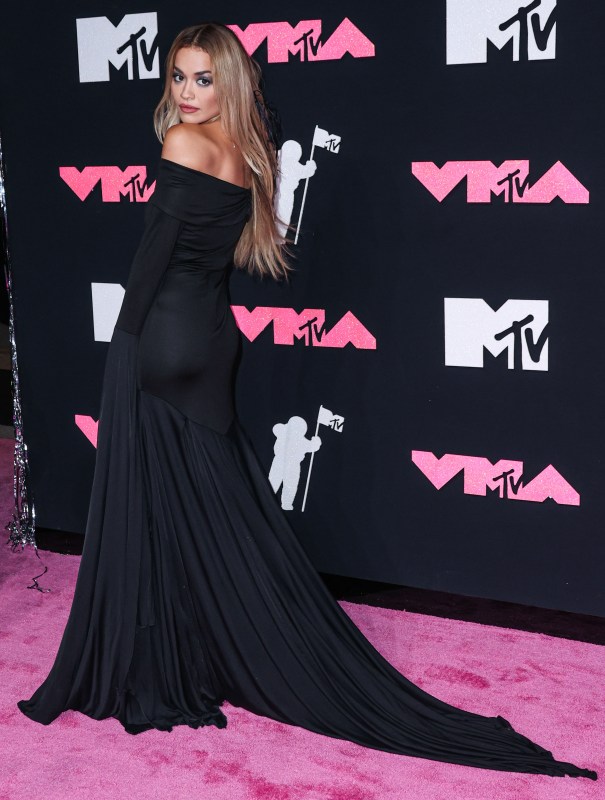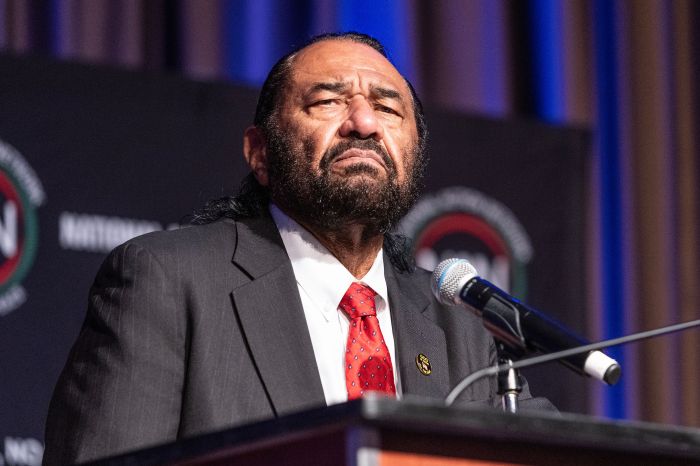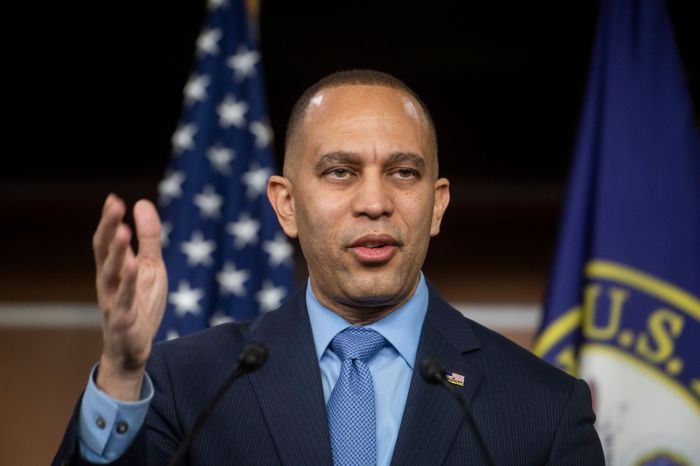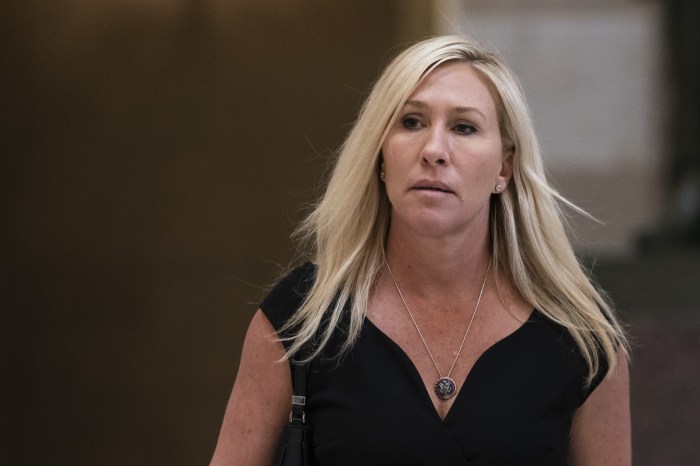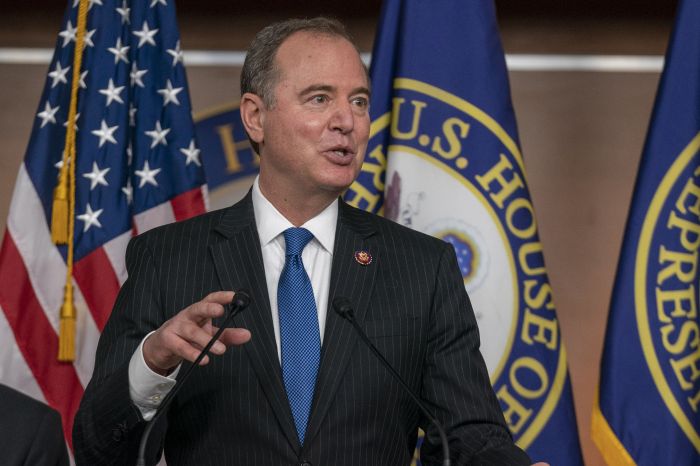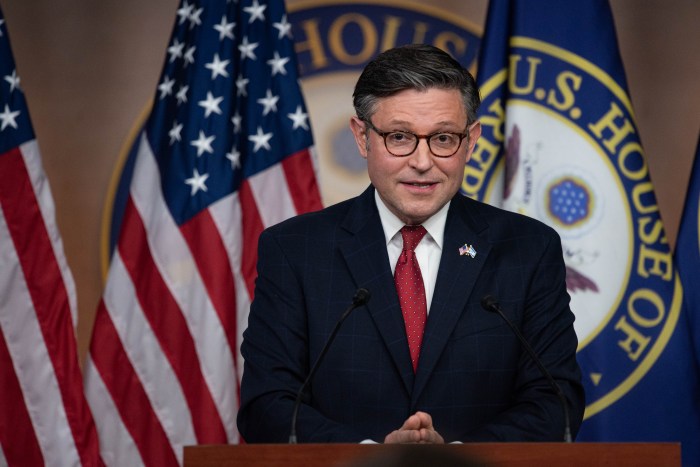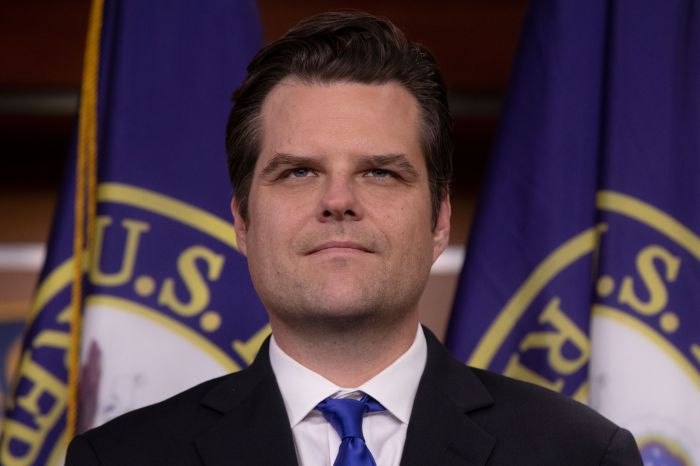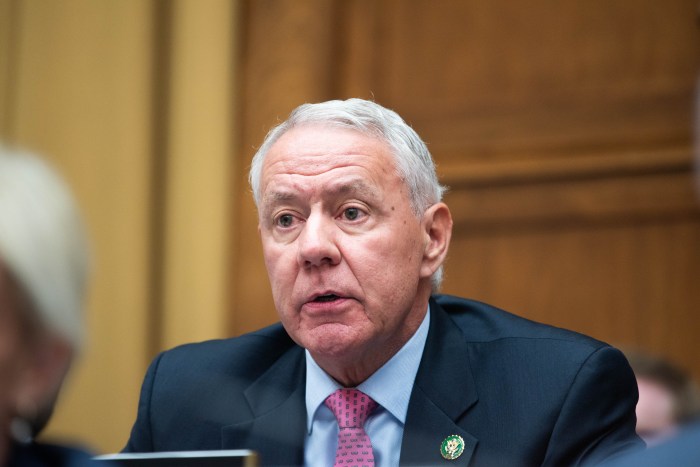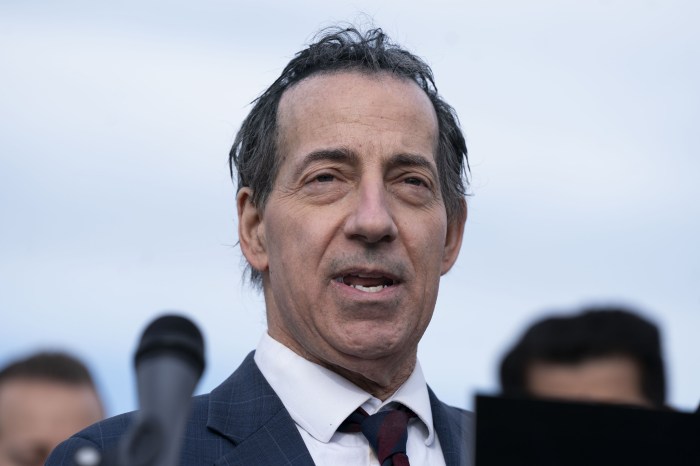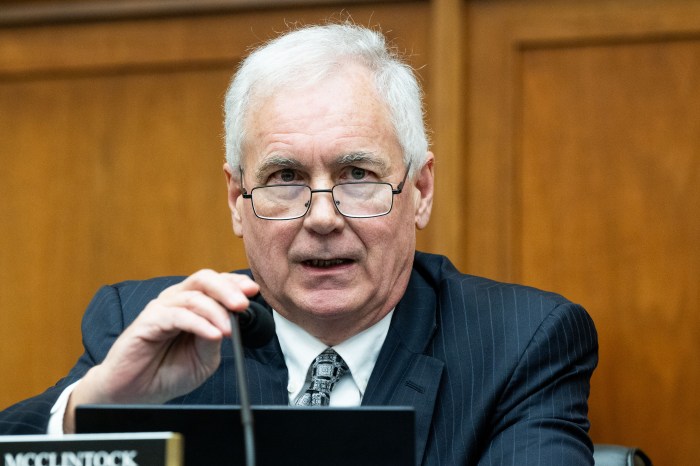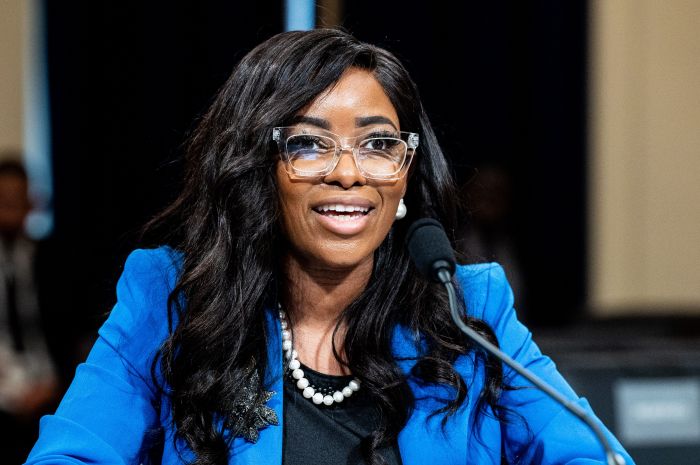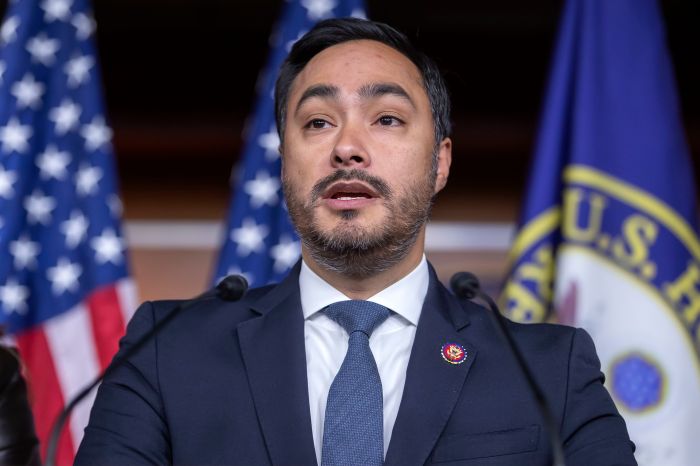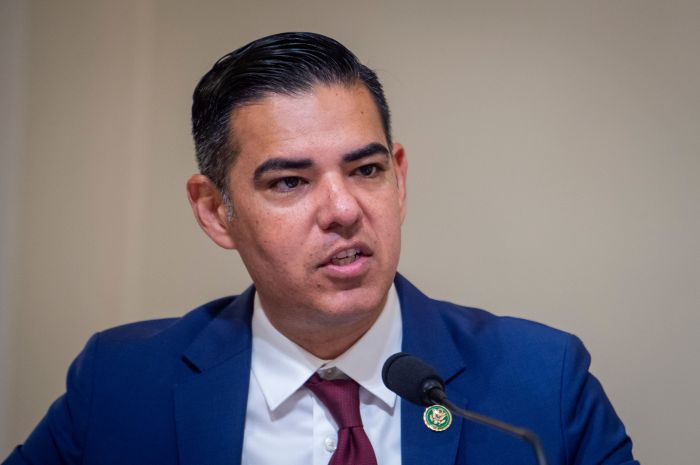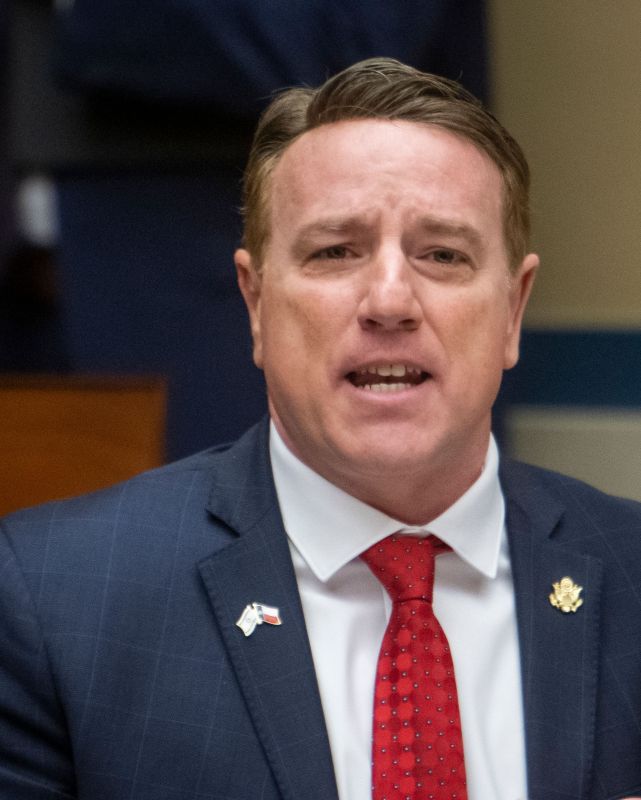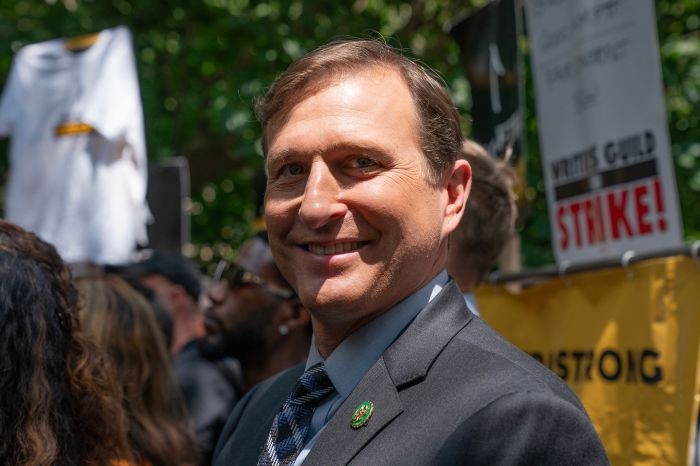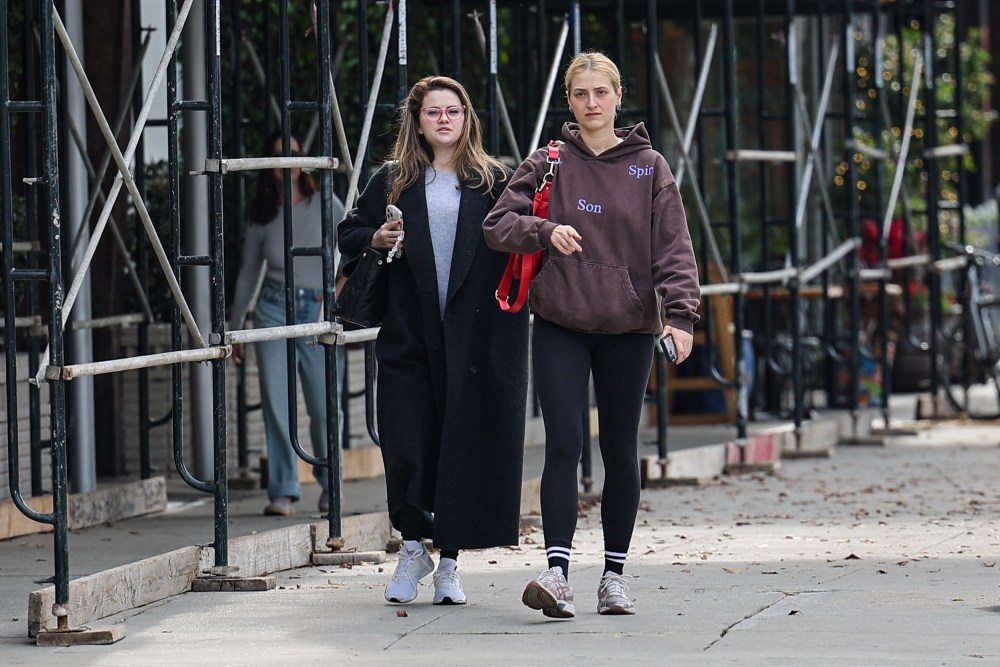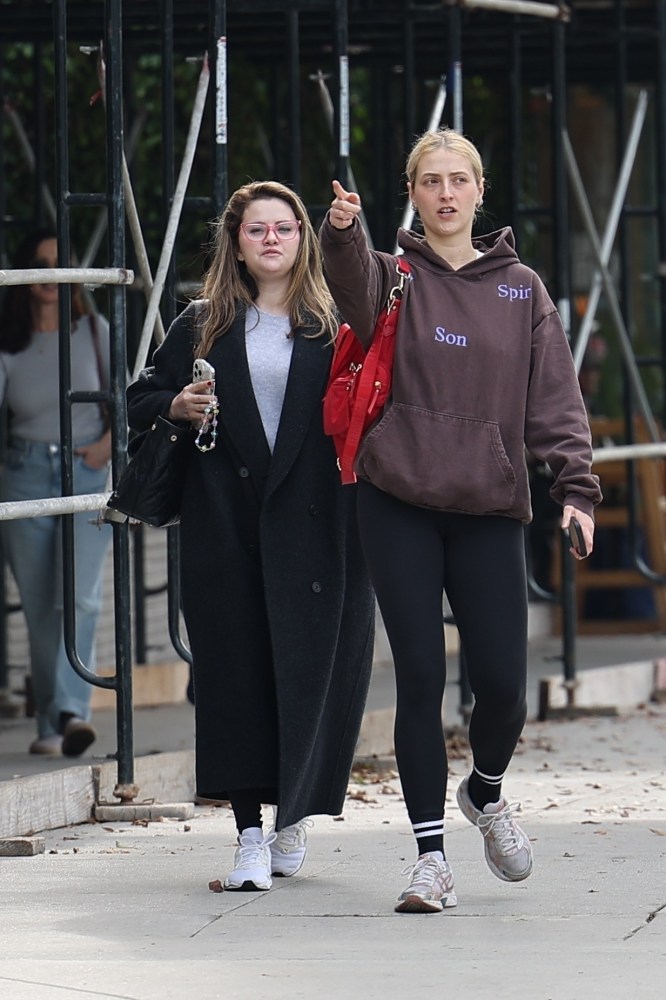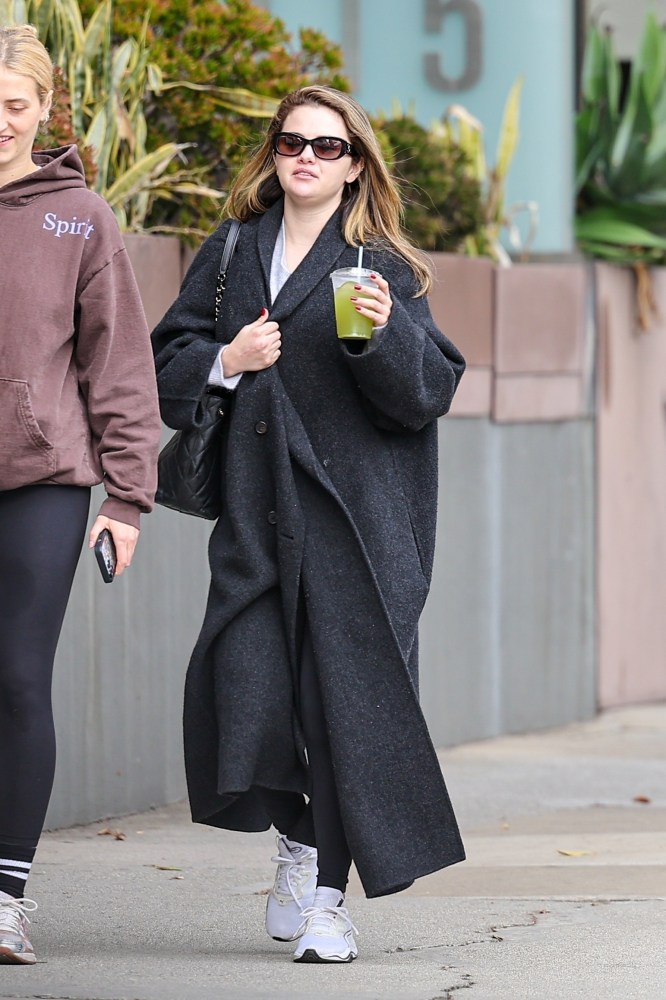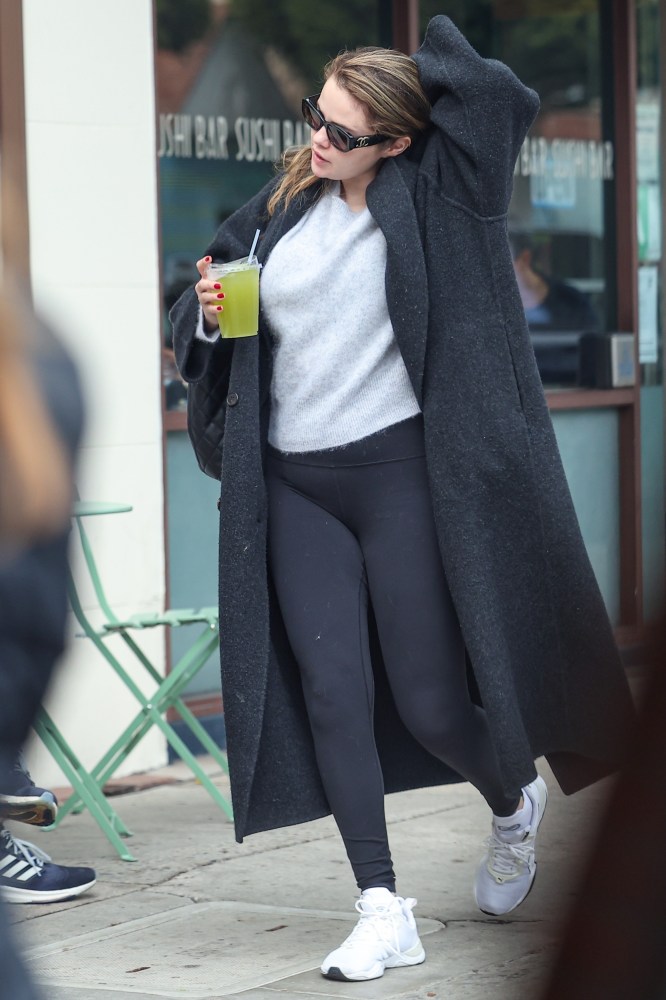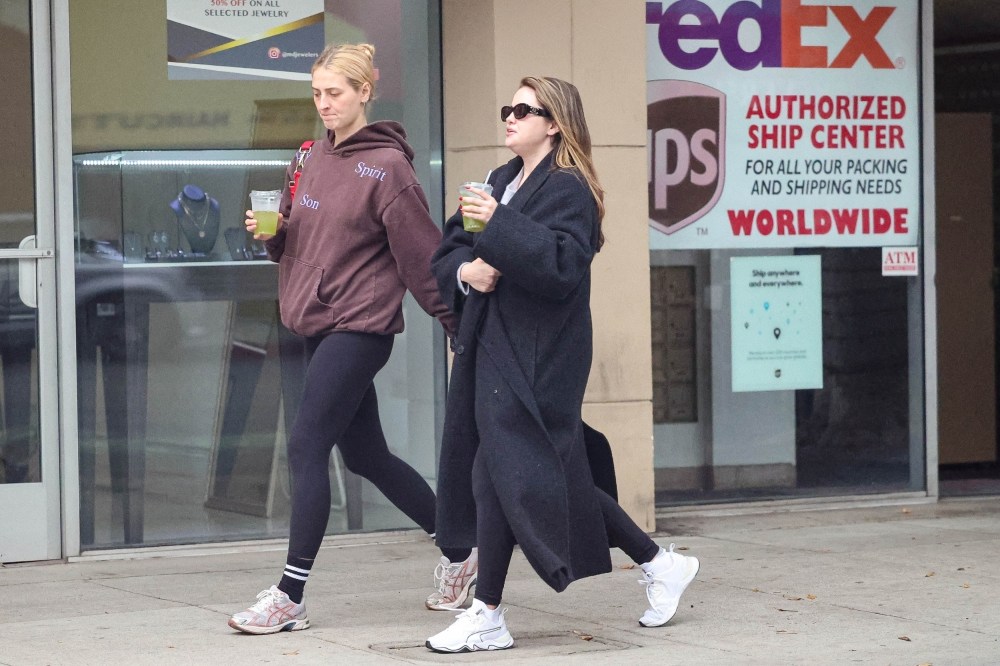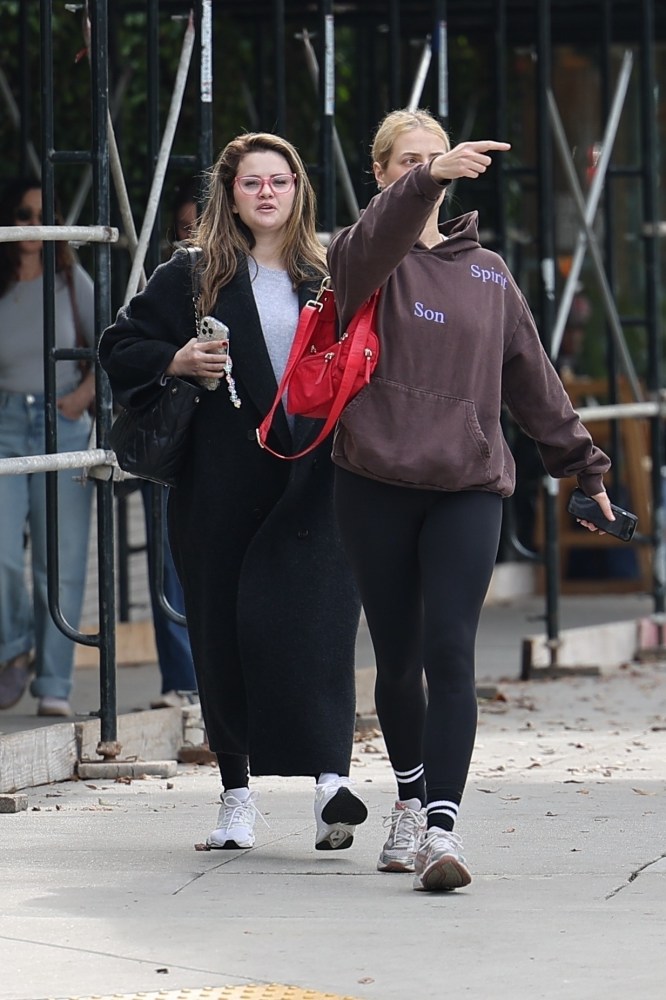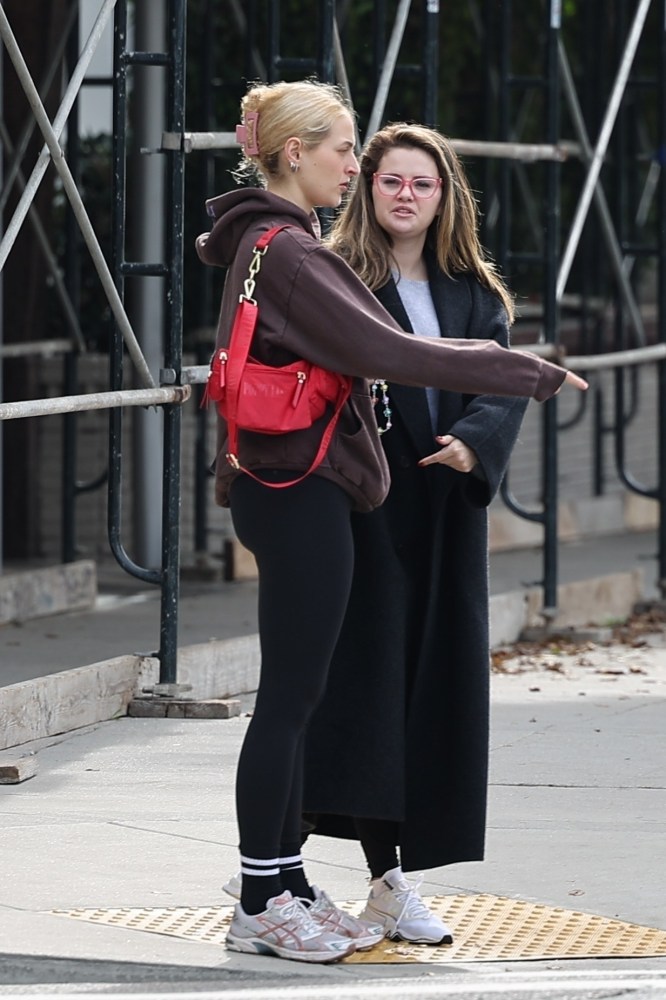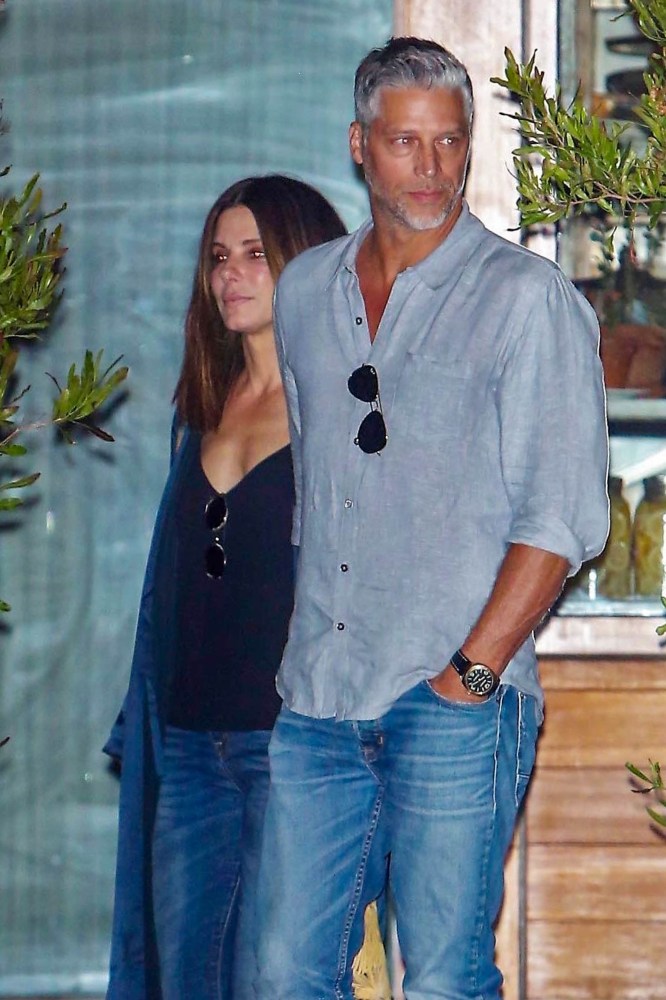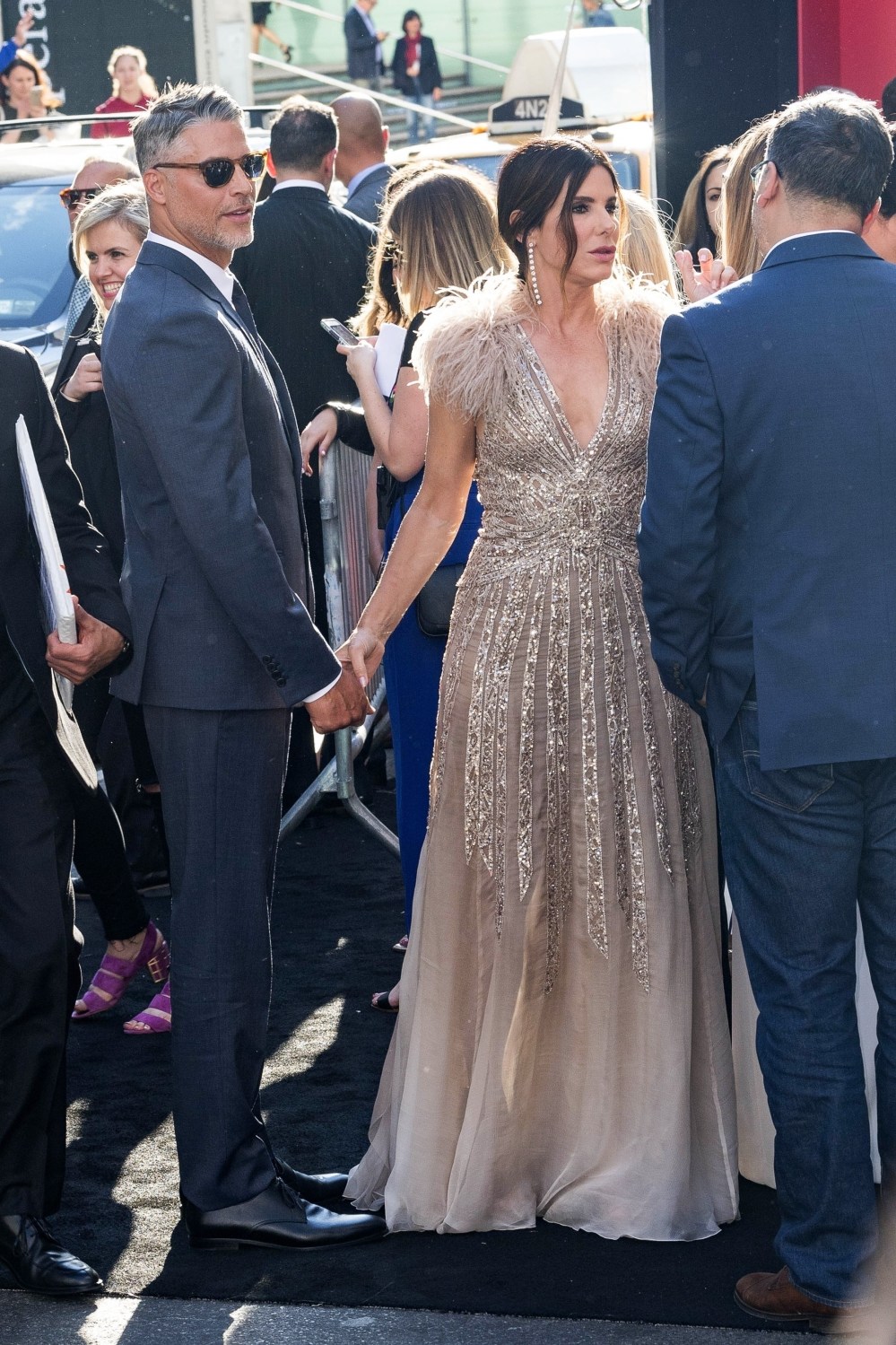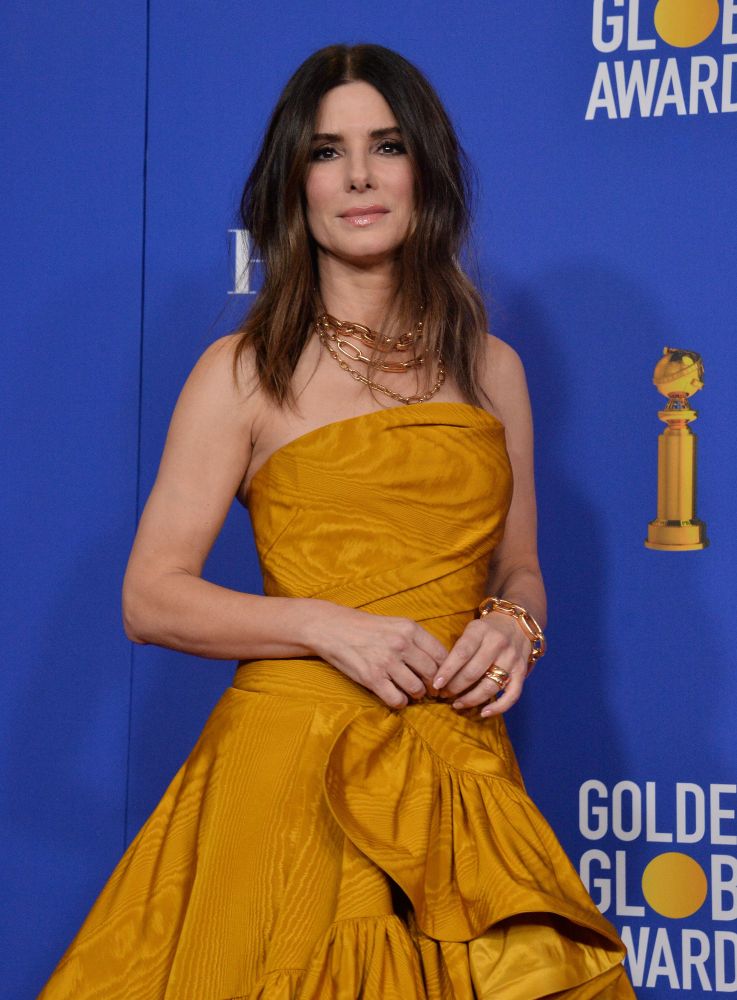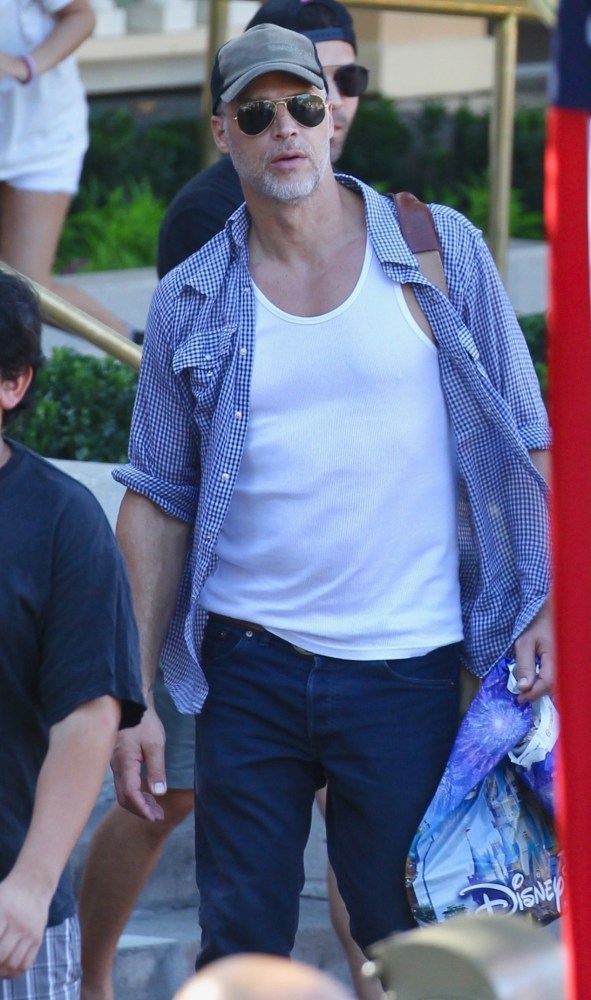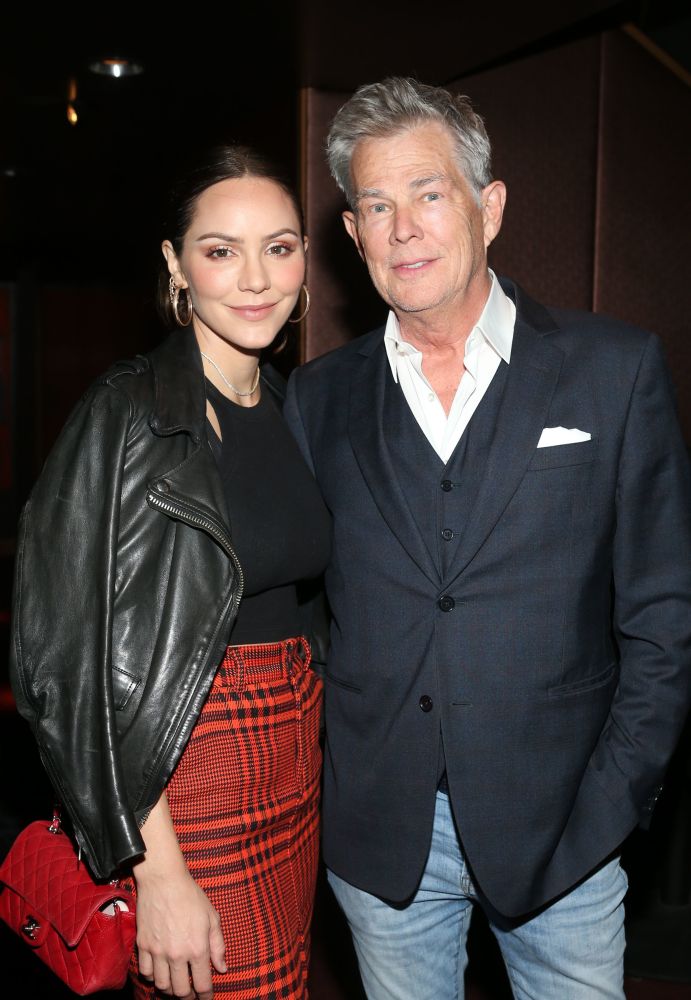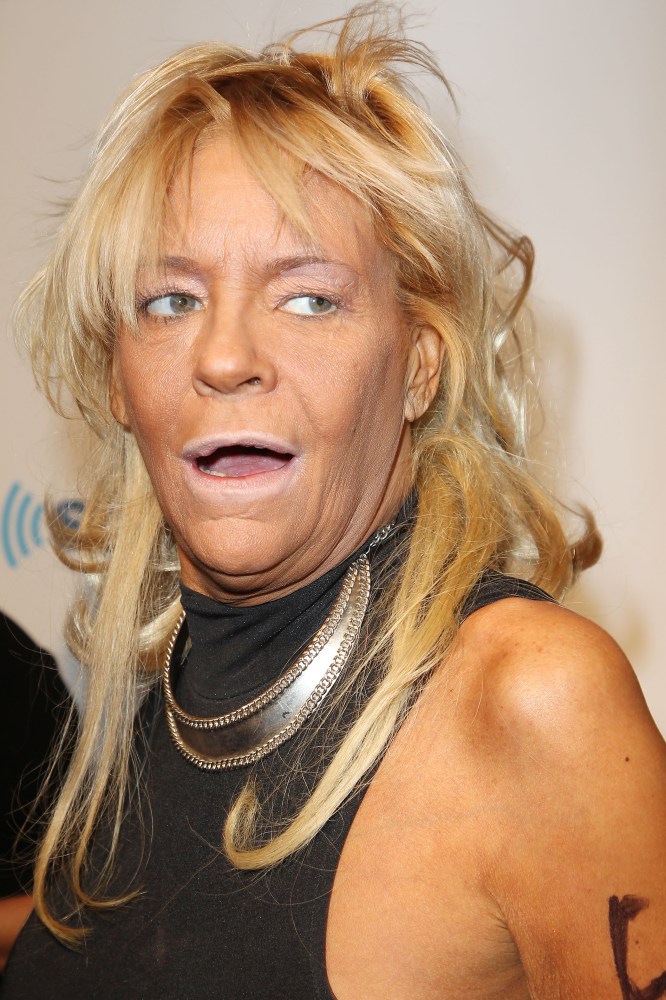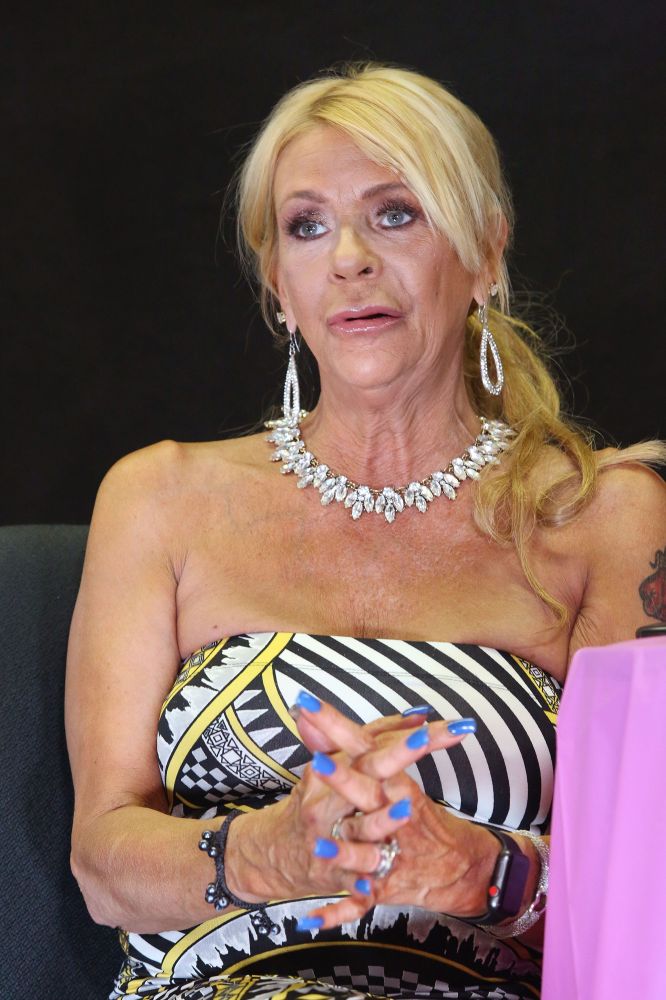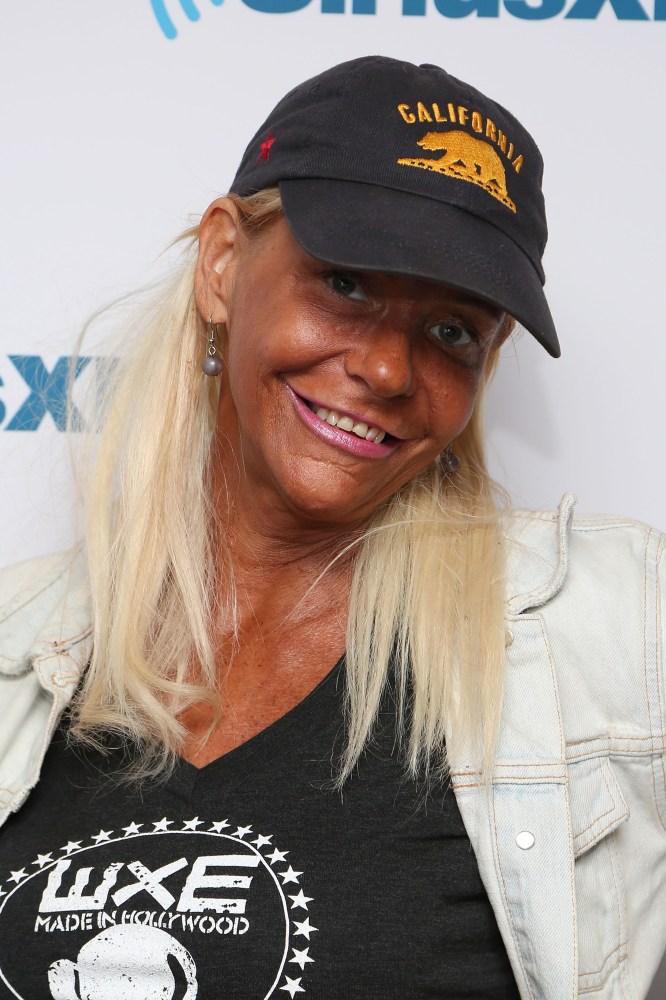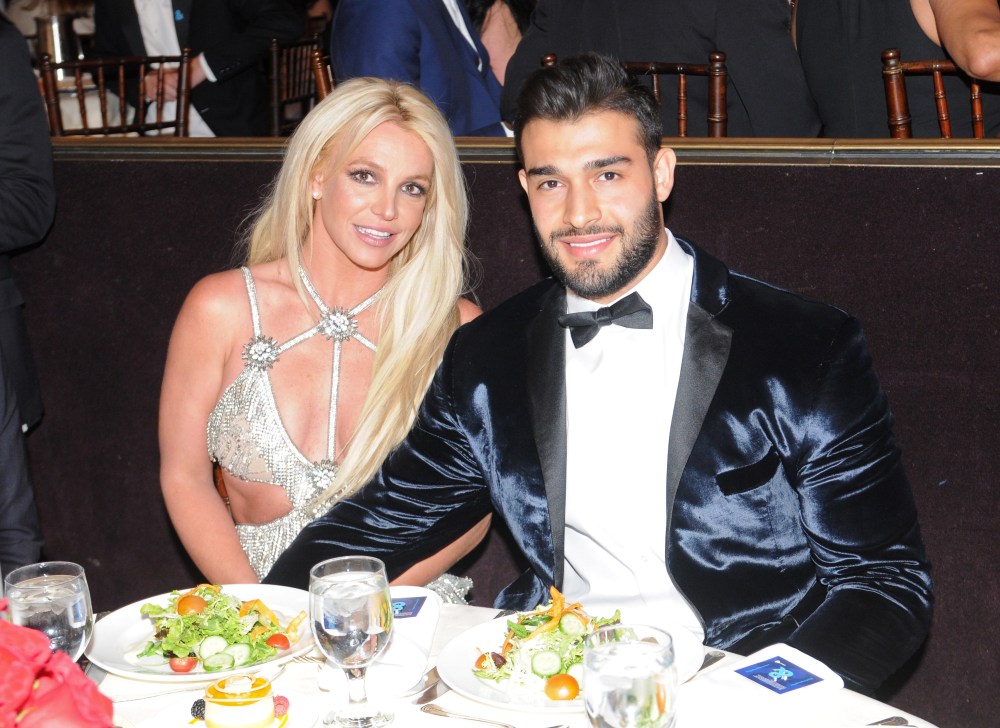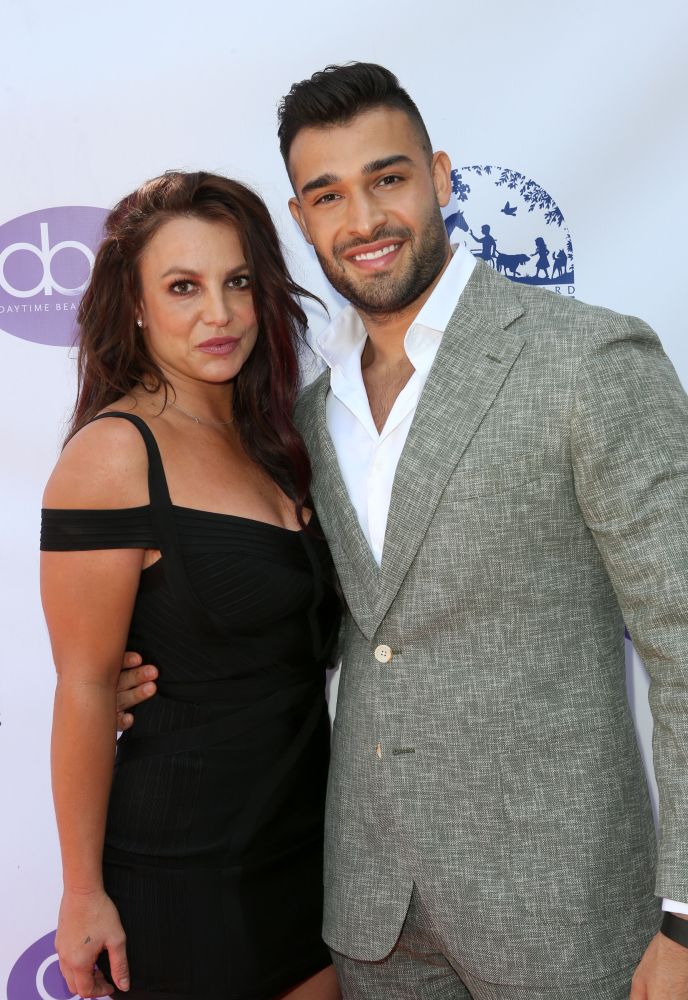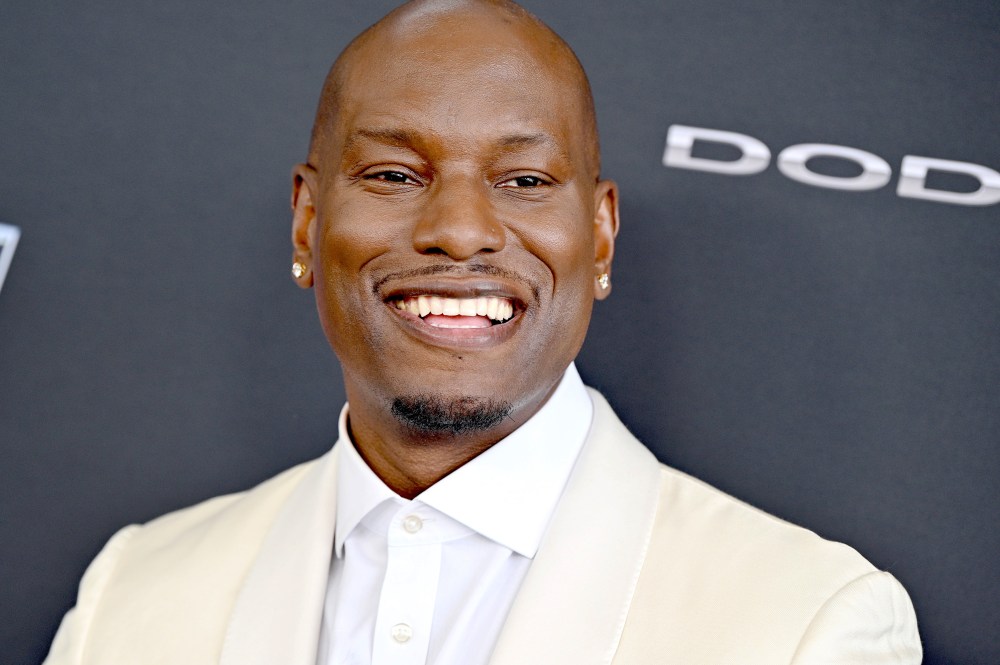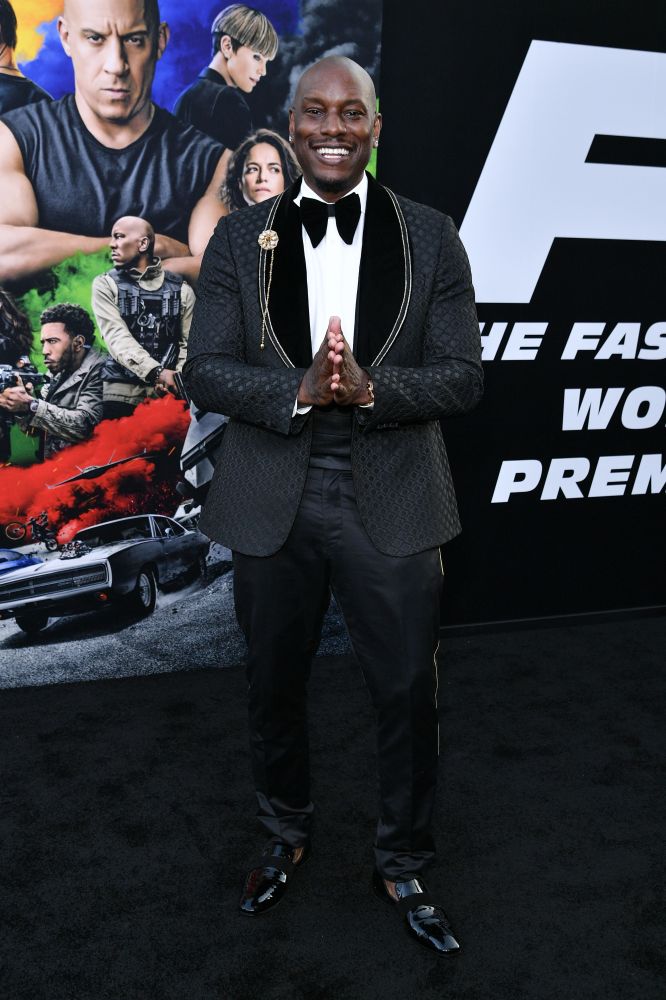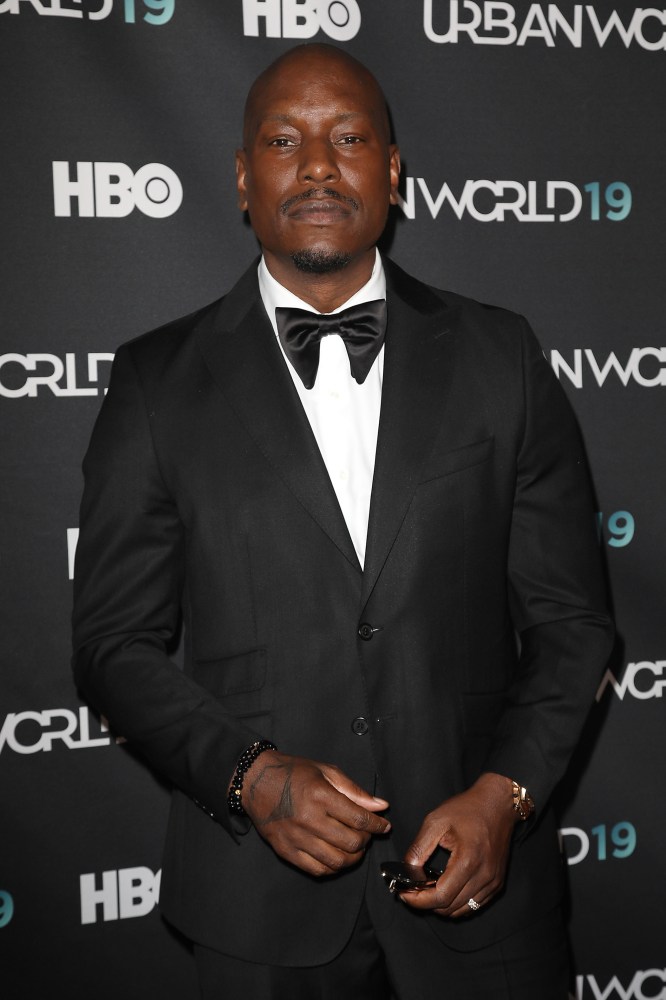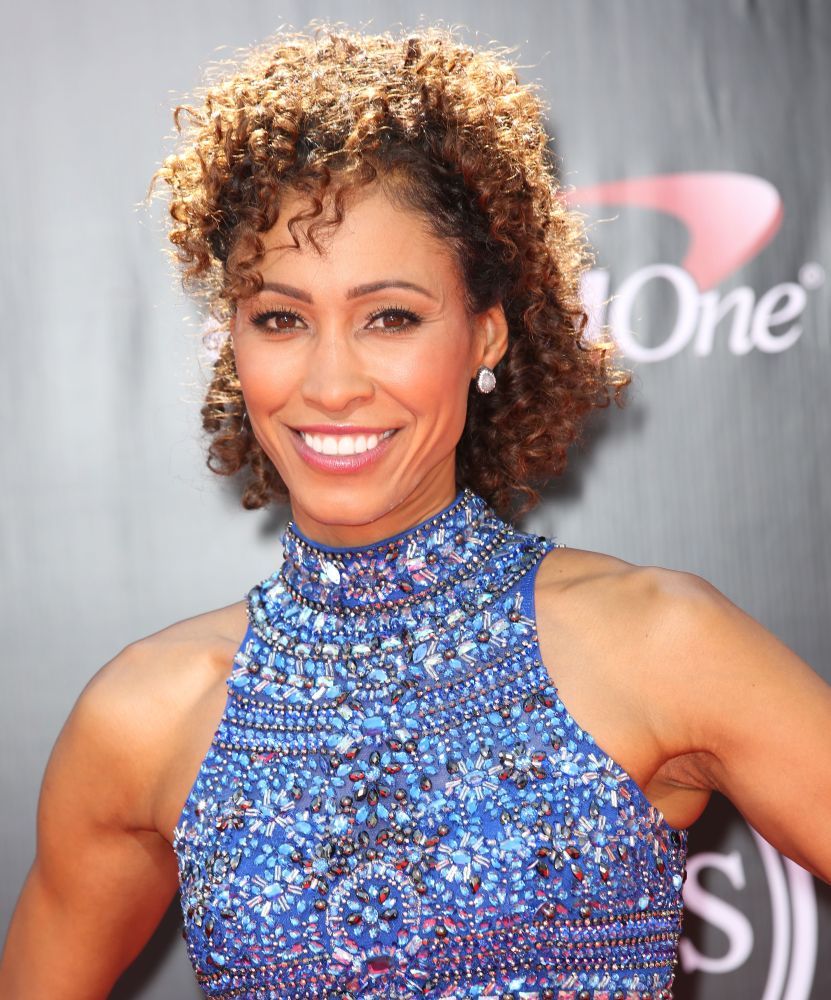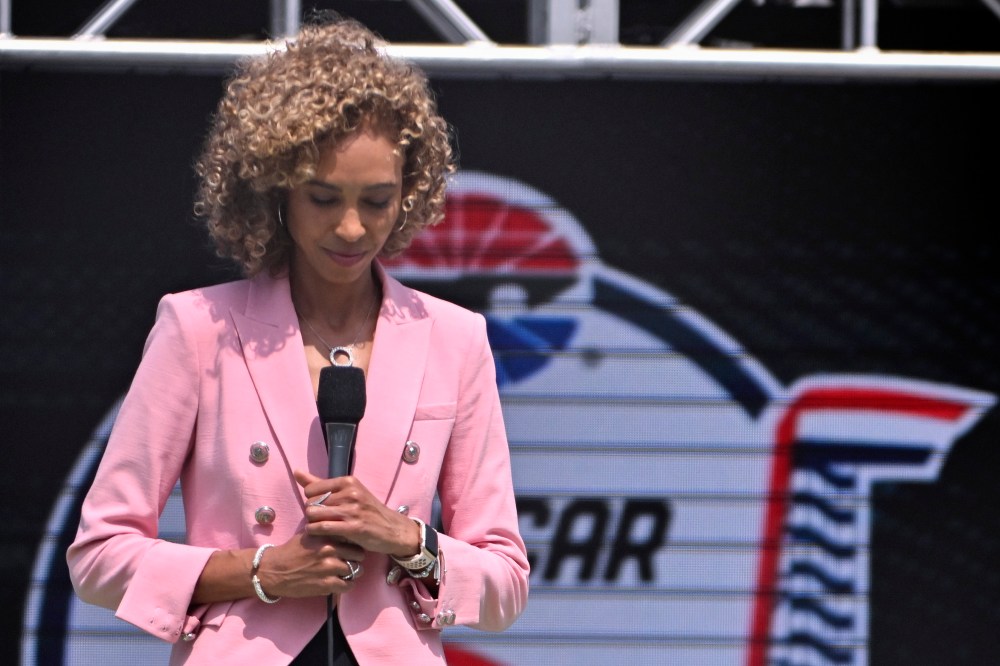Kesha will be bringing part of the Women's March to her Grammy performance, as she enlisted the Resistance Revival Chorus, a group of women who sing protest songs, to join her on stage as she sings her Grammy-nominated song, "Praying."
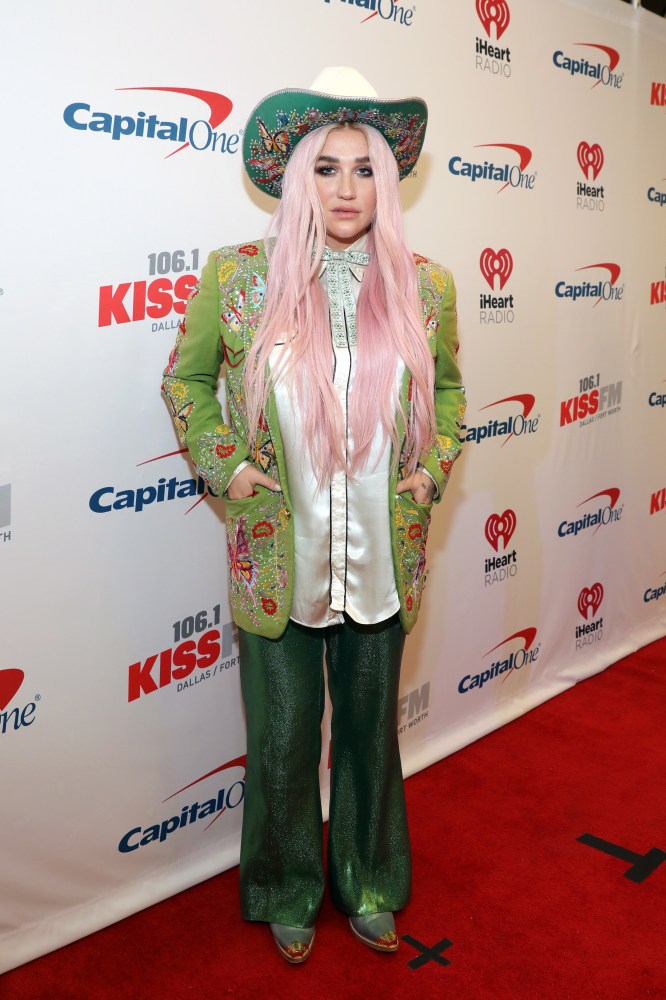 Rick Kern /Getty Images for iHeartMedia
Rick Kern /Getty Images for iHeartMedia
Before #MeToo was trending, Kesha was fighting Lukasz "Dr. Luke" Gottwald in court, accusing the prolific music producer of sexually abusing her (a claim he denies), which kept her from releasing new music for the last six years. For her to bring an aspect of the Women's March to the award show is only fitting, since she's been fighting this fight for a long time.
The 30-year-old, who is nominated for Best Pop Vocal Album for her album "Rainbow," and for Best Pop Solo Performance for "Praying,' will be joined on stage by Cyndi Lauper, Camila Cabello, Bebe Rexha, Andra Day and Julia Michaels, along with the choir, at the 60th annual Grammy Awards, which is being held at Madison Square Garden in New York City.
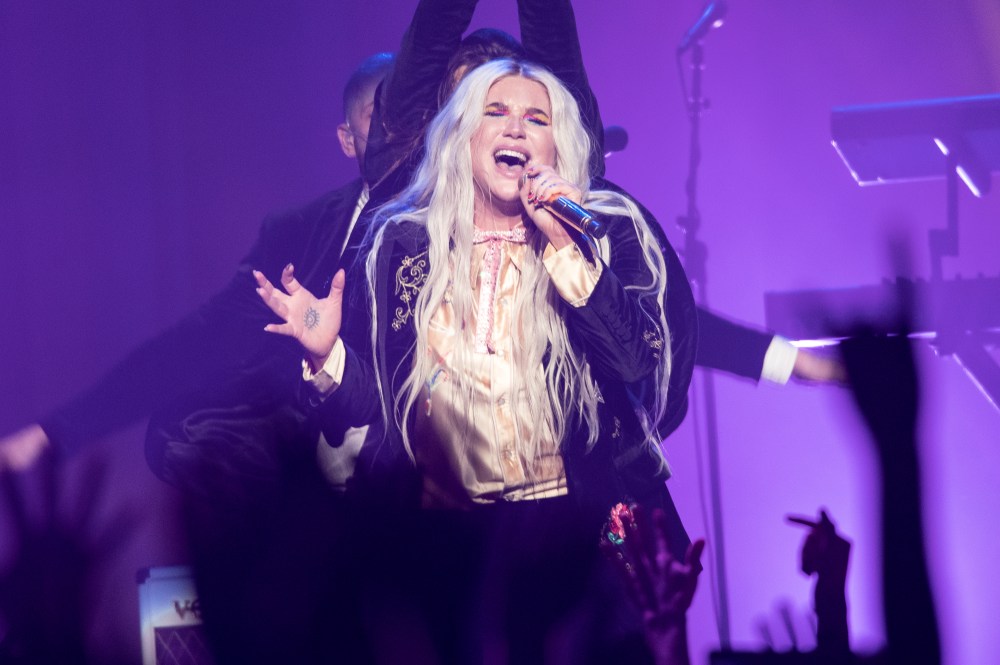 Noam Galai /Getty Images
Noam Galai /Getty Images
"It's going to be powerful," Grammys executive producer Ken Ehrlich to told the Los Angeles Times. "It would be an amazingly strong performance under any circumstance, but when you factor in what's happening it becomes much more relevant, in a way. It's what I love most about this show. Obviously there's a lot of people wondering about Time's Up and #MeToo and what's so gratifying to me as a child of the '60s is seeing this fervent commitment to change by a new generation."
The Resistance Revival Chorus was born six months after the inaugural Women's March in January 2017. They describe themselves as "a collective of more than 60 women who come together to sing protest songs in the spirit of collective joy and resistance."
Kesha's performance isn't the only statement that will be made at the award show. Musicians like Lady Gaga, Rita Ora, Kelly Clarkson and Cyndi Lauper are all reportedly planning to wear white roses on the red carpet, as an homage to the suffragettes. The statement is being organized by a group calling themselves Voices of Entertainment and they circulated an open letter among the music industry, requesting people do this in support of "equal representation in the workplace, for leadership that reflects the diversity of our society, workplaces free of sexual harassment and a heightened awareness of accountability."



